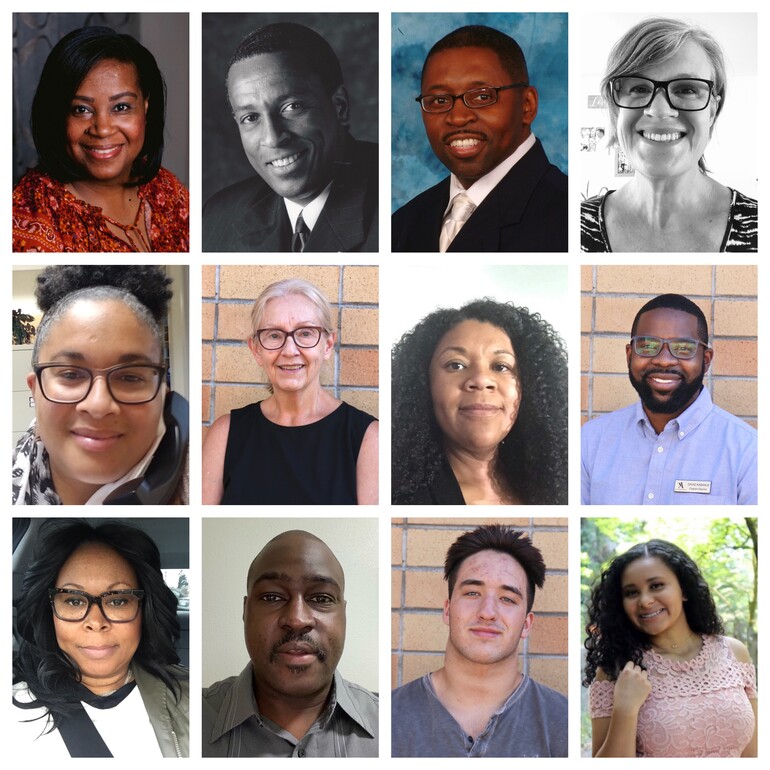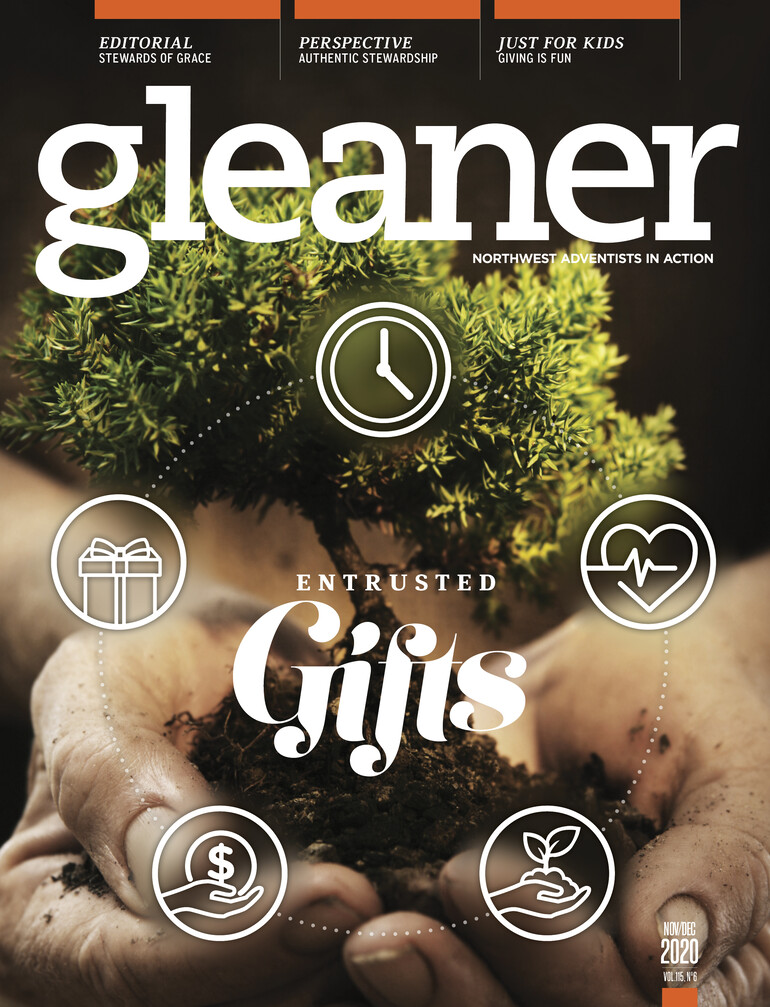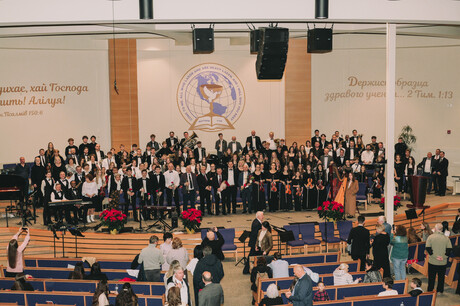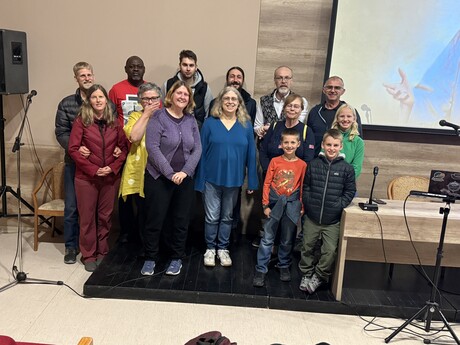Auburn Adventist Academy in Auburn, Washington, faced the reality of needed racial reconciliation this summer after some staff members made a public statement denouncing racism, bigotry and hatred.
The statement resulted in two responses: those who expressed appreciation and those who challenged the statement’s sincerity after personal racist encounters.
“We sensed a need for an open forum to discuss how Auburn Adventist Academy could improve and bring healing and change into the student experience on campus,” says Peter Fackenthall, AAA principal. “We were challenged as a staff and as an administration to live out what the statement said.”
Krystalynn Martin, AAA vice principal for spiritual life, and David Kabanje, AAA chaplain, created a response survey and engaged in follow-up phone conversations.
The academy leaders hosted an outdoor town hall meeting on June 7, 2020, following state COVID-19 guidelines for gathering. Out of this three-hour gathering developed a community focus group to engage in a long-running collaborative effort toward improvement, accountability and change. Parent Gesele Thomas accepted the invitation to serve as chairperson.
“Dialogue in itself is not enough, we learned,” Fackenthall says. “It is an important step, but action must take place for true healing and change to occur.”
Thomas called together the first focus group on June 22. Weekly meetings were held physically distanced in person and some by Zoom videoconferencing. The focus group chose the name “Equity, Diversity and Accountability (EDA) Coalition.”
The coalition’s members include Gesele Thomas, chairperson and parent; Eugene Lewis, Washington Conference regional ministries director and pastor; Sylford Nelson, parent; Mimi Weithers-Bruce, parent; Noelle Hoori, guardian; r Krystalynn Martin, pastor and AAA staff; David Kabanje, pastor and AAA staff; Melia Williams, staff; Columbus Candies, NPUC regional ministries K–12 education advisory committee chair; Kelli Robinson, parent and alumna; Trinity Sanchez-Biaz, student; and Harrison Fineout, student.
“There has been a disconnect between Auburn Adventist Academy and the African American community for years,” Lewis says. “The book of Revelation portrays inclusivity where the rights of all are taken into consideration as sons and daughters of God. It’s time to bridge the gap and restore trust.”
“We are called to be a light in a very dark world, and there will be lasting consequences if we ignore this commission,” adds Hoori.
The EDA Coalition reviewed collected conversation data and identified four areas of improvement: policy and accountability, education and training, curriculum, and staffing. The EDA Coalition meticulously developed measurable, concrete recommendations and goals to present to academy and conference leaders. These were positively received, with many recommendations already being implemented.
“We endorse what has been done to this point and look forward to continued growth and healing as God leads in this process,” Fackenthall says.
“I commend AAA for recognizing the need to respond and choosing not to ignore accusations of discrimination from its constituents,” Thomas says. “Collaborating with Auburn Adventist Academy on this very important project was indeed inspiring. Not only will this help to restore trust but possibly increase enrollment because now parents will consider AAA a place where diversity is welcomed, promoted and appreciated.”
Read the 59-page "Community Conversations" report at https://nwadvent.st/2020AAAreport.








